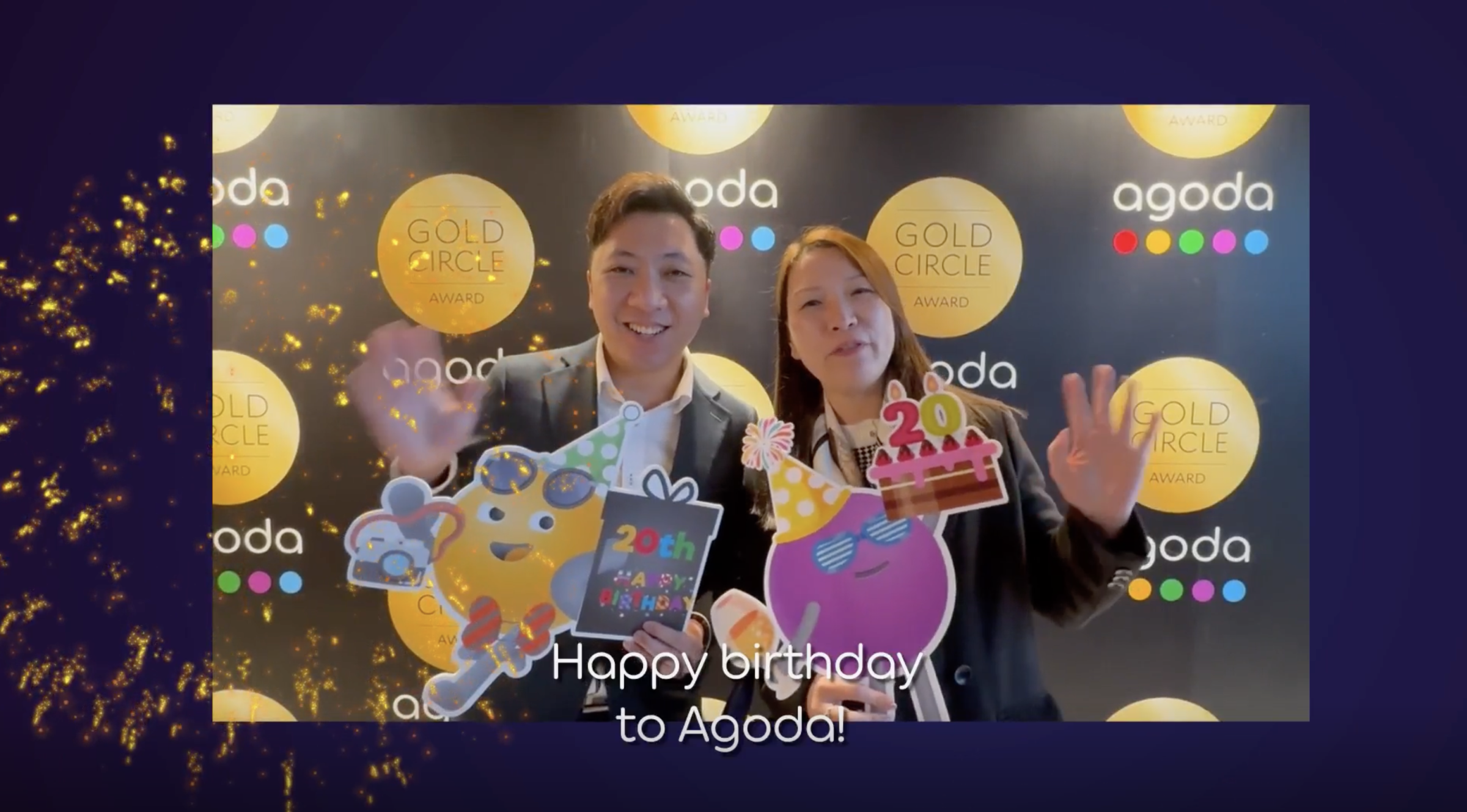Malaysian Tourism Tax FAQs (CN)/简体中文
Malaysian Tourism Tax FAQs (HK)/中文 (香港)
Malaysian Tourism Tax FAQs (TW)/繁體中文
Malaysian Tourism Tax FAQs Japanese/日本語
Malaysian Tourism Tax FAQs Korean /한국어(대한민국)
Malaysian Tourism Tax FAQs Thai/ไทย
Malaysian Tourism Tax FAQs (MY)/Malay
Overview
This article will explain the Malaysian Tourism Tax and answer FAQs.
FAQs
- Q: What is the Malaysian Tourism Tax?
A: The Malaysian Tourism Tax (TTx) is a tax of RM10 per room per night charged on any tourist staying at any accommodation premises within Malaysia, collected by the operator under the Tourism Tax Act 2017 (TTx Act).-
- Effective 1st Jan 2023 – 31 Dec 2025, Digital Platform Service Providers (DPSPs or Platform) are liable to collect and charge TTx from any tourists for reservations that are i) made through the DPSP’s platform and ii) where payment is made to a DPSP (such as Agoda) and remit such TTx to the Malaysian Customs Department. If payment of TTx has been made to the platform, then the accommodation premises should not collect the TTx again, provided proof of payment of TTx can be furnished; otherwise the accommodation premises shall collect TTx. For bookings where payment is made to accommodation premises in Malaysia directly (pay at property), it is the accommodation premise’s obligation as a registered operator to collect and remit TTx to Malaysian Customs Department.
- Starting on 1 Jan 2026, the government may choose to alter or continue with these rules.
-
-
- For more information, please visit myttx.customs.gov.my.
- Q: Who are considered Tourists subject to TTx?
A: Tourists subject to TTx are any travelers who are NOT either of the following:- a) Malaysian nationals (holders of a MyKad card)
- b) Permanent residents of Malaysia (holders of a MyPR card).
- Q: How is the RM10 per room per night applied?
A: It is applied based on how the property is listed on the booking platform, such as Agoda. For example, if a tourist makes a booking on a 3-bedroom Serviced Apartment through an online platform:- If the property is listed and booked as one unit, then the Tourism Tax of RM10/room/night will be imposed to the unit only, so for 1 night, the applicable TTx = RM 10.
- If the property is listed on platform as three separate units (one bedroom per listing), then TTx shall be imposed on each of the rooms. So, if three rooms are booked for 1 night, the TTx would be RM 10/room/night x 3= RM 30.
- Q: Will this affect existing bookings, especially for Pay at Hotel existing bookings?
A: Guests who are tourists have been subject to pay TTx since September 2017 when staying at any accommodation premises in Malaysia; this is normally collected by the operator i.e. accommodation premises operator. However, starting from 1 Jan 2023 and continuing until 31 Dec 2025, bookings made through platforms providing reservation services such as Agoda are liable to collect and charge TTx for any bookings made on the platform in which the platform collects the payment from bookers. If a traveler has made a booking on Agoda before 1 Jan 2023, and where TTx is applicable, the TTx must be collected by the property and remitted to the RMCD.
For bookings of Malaysian properties made on Agoda on and after 1 Jan 2023 and continuing until 31 Dec 2025, Agoda as the platform is required to collect TTx if the payment for the booking is collected by Agoda. Agoda will endeavor to collect TTx on most bookings and issue a document as proof of TTx payment to the booker. However, for Pay Property bookings, TTx needs to be collected by the property from the booked guest at check-in. - Q: Will Agoda issue a tax invoice to customers, and by when will it be issued?
A: For Pay to Agoda bookings (Agoda Collect), Agoda will collect the appropriate TTx from bookers directly and issue proof of payment on the booking date along with booking confirmation. Bookers may use this as proof to the property so that the property does not need to collect TTx from the booker.
For Pay at Property bookings (Property Collect), Agoda will issue a document to indicate to bookers the amount of TTx to be collected by the property; this document will be issued on the booking date along with the booking confirmation.- If the payment model “Pay to Agoda”, “Merchant Commission” and TTx applies – TTx is INCLUDED in the price and is collected by Agoda.
- If the payment model is “Pay to Agoda”, “Merchant Commission” and TTx doesn’t apply — TTx is NOT collected.
- If the payment model is “Pay at Hotel” and TTx applies — Malaysia Tourism Tax is INCLUDED in the price and collected by the property.
- If the payment model is “Pay at Hotel” and TTx doesn’t apply — Malaysia Tourism Tax is NOT collected.
- Q: How do I verify that TTx has been collected by Agoda?
A: Agoda will issue to bookers proof of TTx collection (if collected by Agoda), unless TTx needs to be collected by the property as explained above. - Q: My property did not register for Tourism Tax, does this apply to me?
A: To determine whether you should be registered for TTx or not, please consult your business advisor or seek RMCD’s further guidance.
The exemption from TTx for certain property types (Item 3, Tourism Tax Exemption Order 2017) e.g. homestay/kampungstay operator, operator with 4 accommodation rooms or less, does not apply when the reservation is made through a DPSP’s platform. Even if you are exempt from TTx, TTx would still be applicable when a booking of your property is made on Agoda by a qualified tourist. - Q: If a tourist books accommodation through Agoda then subsequently extends their stay directly with the accommodation premise operator, who is liable to collect the TTx for the additional stay period?
A: For tourists who book accommodation through a platform and extend their stay, the accommodation premise operator will collect any TTx for the additional stay. Platforms such as Agoda should not be liable to collect the TTx for the additional stay period, unless the additional stay period is booked using the online platform.
Source: GUIDE ON TOURISM TAX (DIGITAL PLATFORM SERVICE PROVIDER) as of 13 Aug 2021. - Q: If I have other questions on the Malaysian Tourism Tax, who should I contact?
A: Please contact our Accommodation Service Team via the Need Help? button in YCS. - Q: In case of a dispute by a customer, what should I do and who should I contact?
A: Please contact our Accommodation Service Team via the Need Help? button in YCS. - Q: Upon check in, I found that the guest is a foreign tourist, but the booking was made by a local. In this case, what should I do? Should I collect the tax and remit to RMCD?
A: Yes. You should collect the applicable TTx in such case and remit to RMCD. - Q: Is the guest still entitled to a TTx refund if the booking is non-refundable, but it is a no-show?
A: TTx will in all cases be refunded to the booker if the stay at the premise does not take place. For more specific cases see below:
-
- If a full refund is triggered (cancellation on refundable booking) => Agoda refunds the entire amount. TTx will be refunded in full.
- If a booking is cancelled with 100% charge (cancellation on non-refundable booking) => Agoda keeps the original amount not related to TTx. Payment to the property should not be affected. However, TTx should be refunded to the booker.
- If a booking is cancelled with partial charges=> TTx will be refunded to the booker.
- If the booking is amended => Applicable tourism tax will be recalculated based on the new room nights of the amended booking. The amendment voucher should indicate the new value of tourism tax that has been paid.
Was this article helpful?
%
%
Thanks for your feedback!









